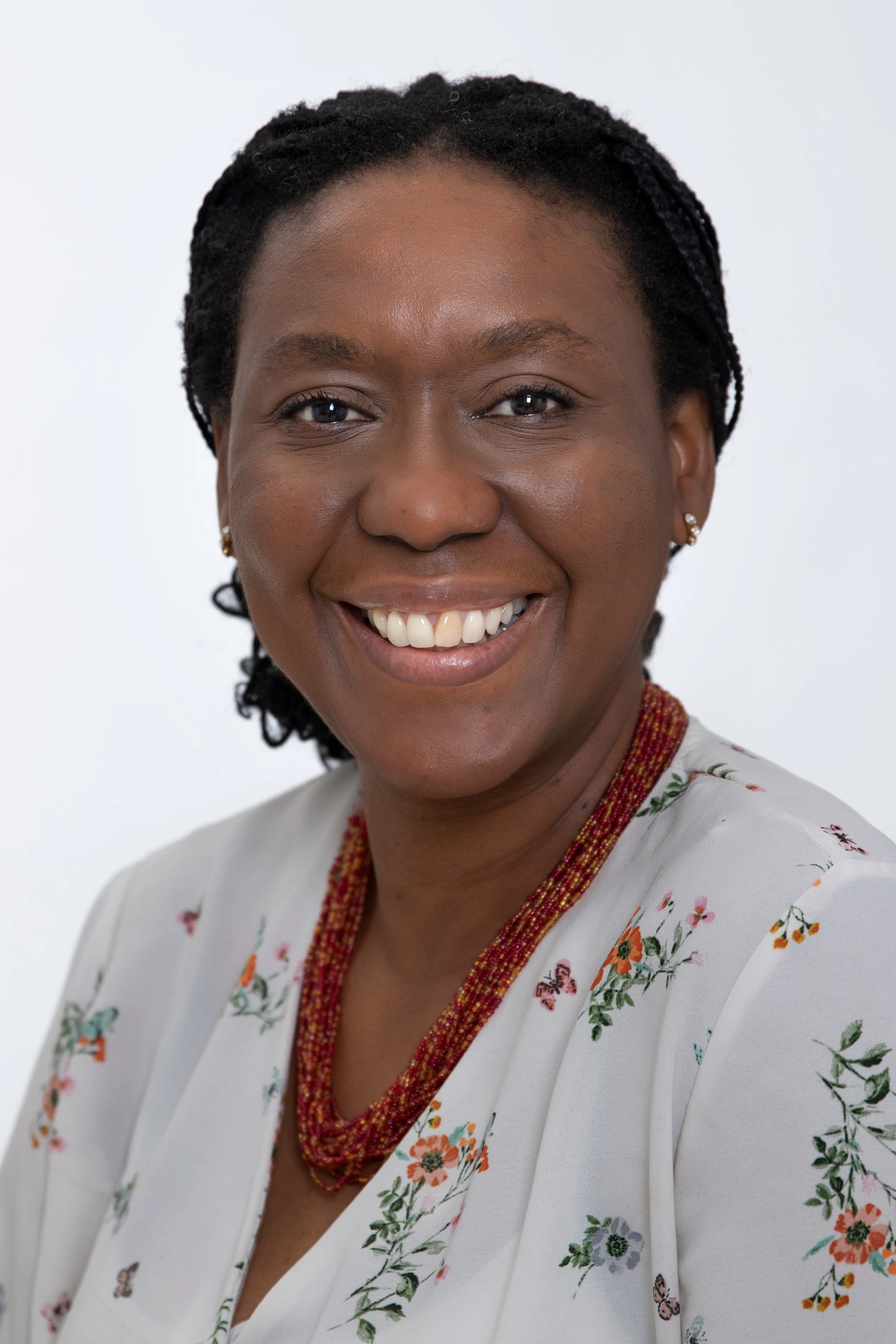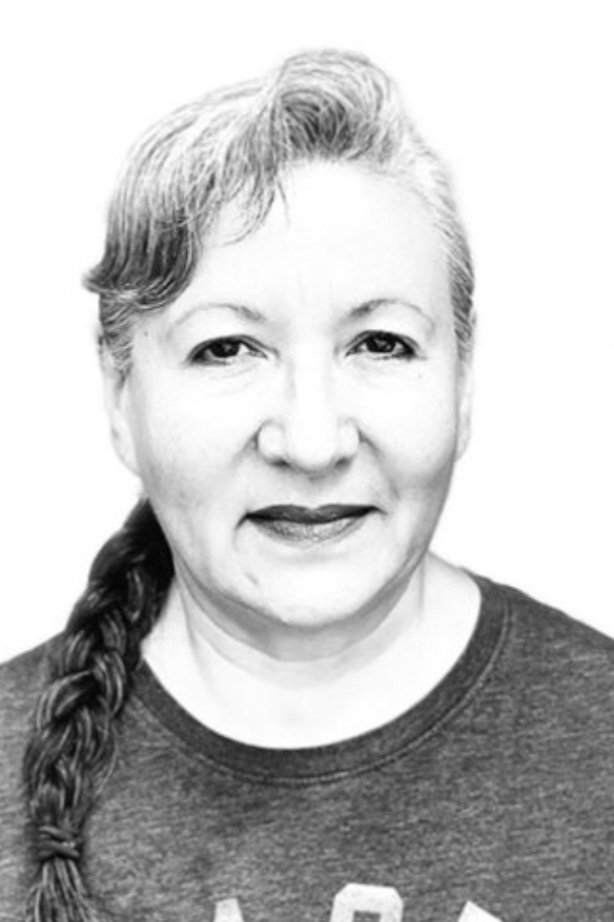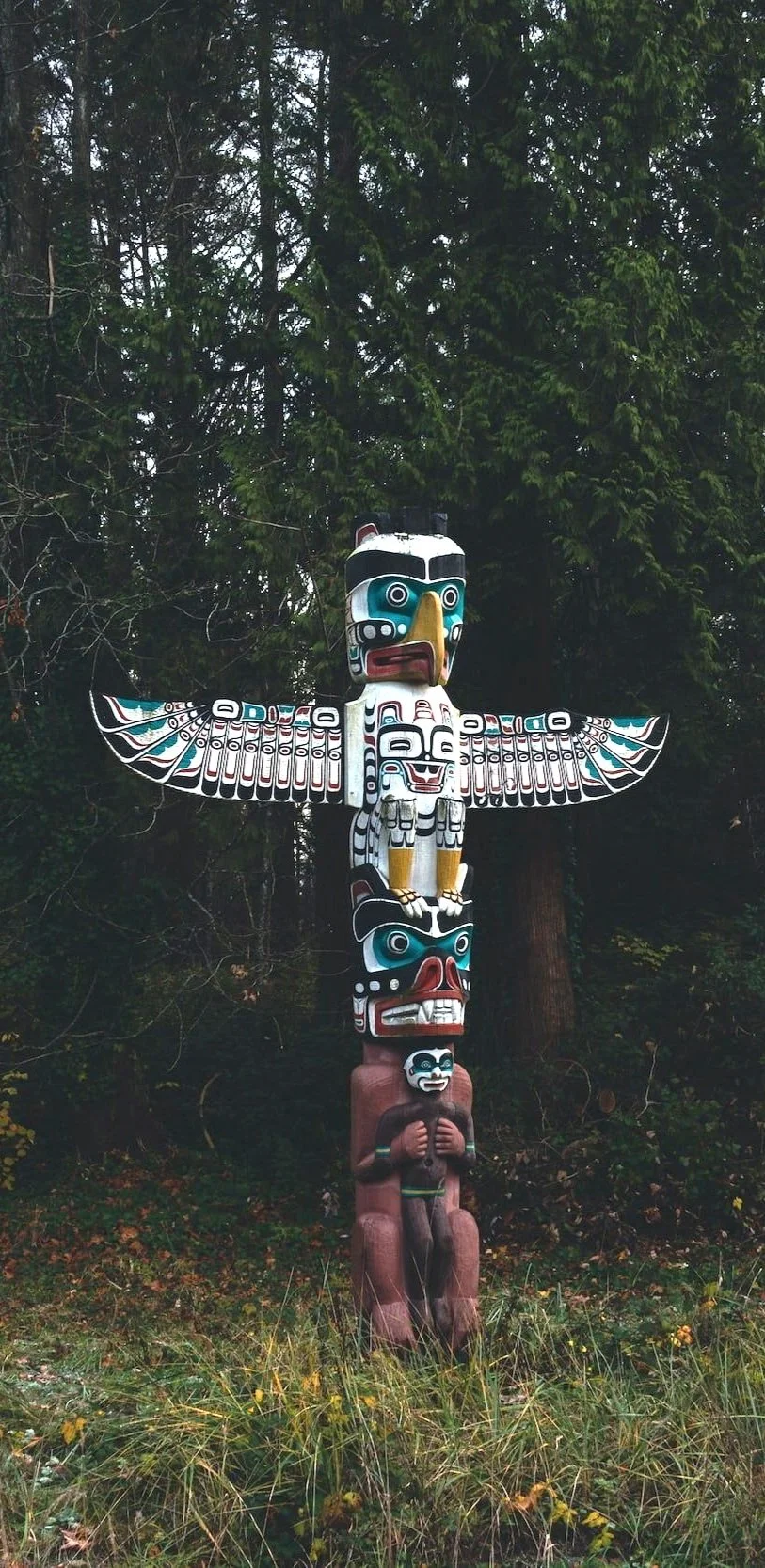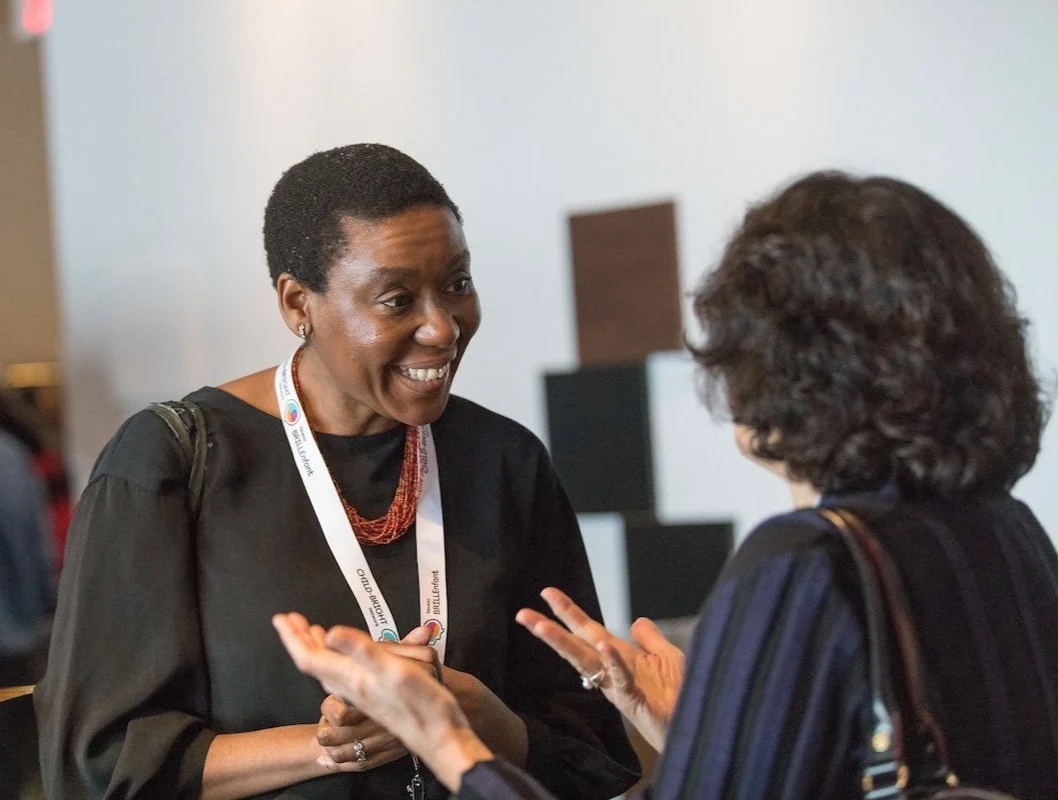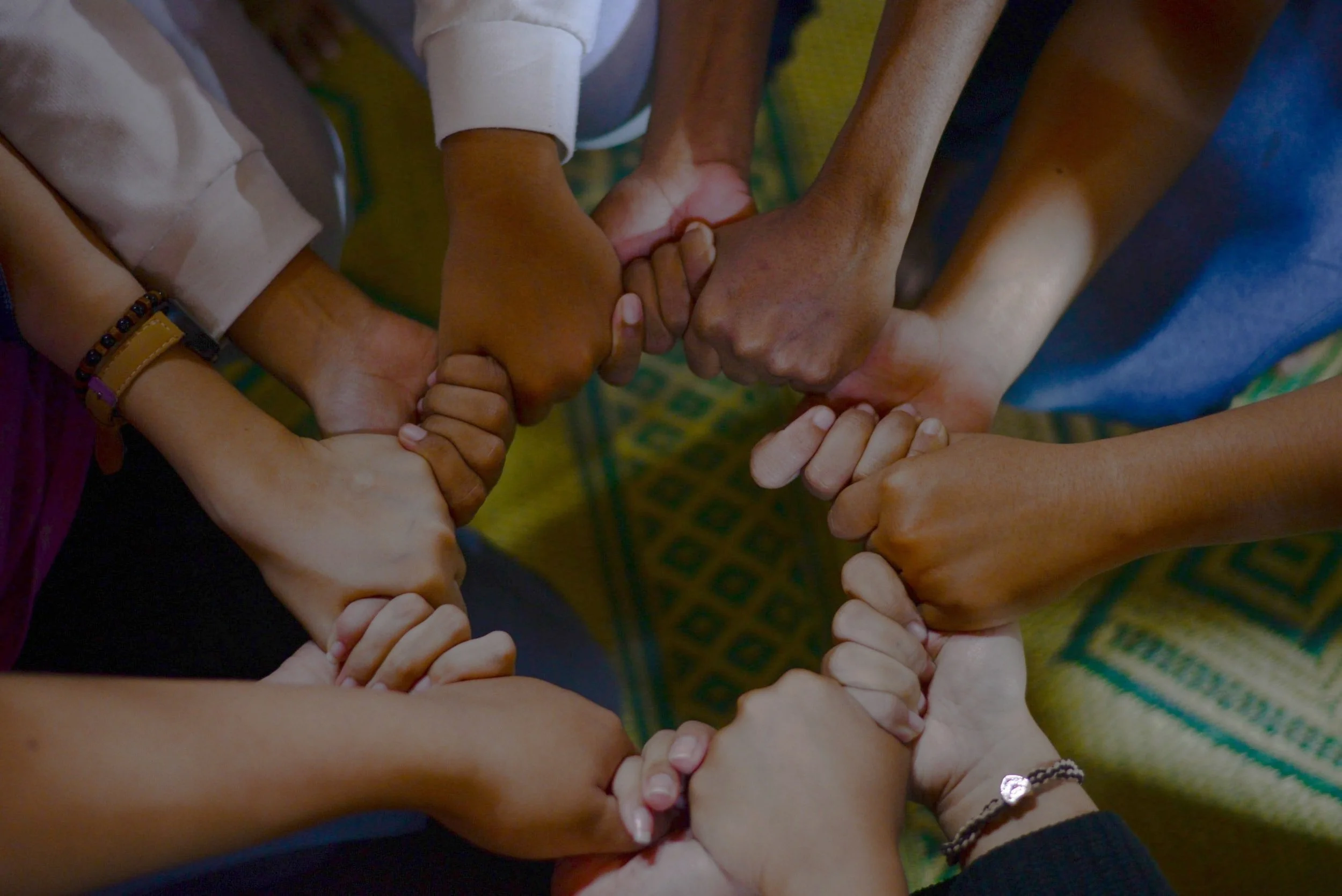The Equity, Diversity, Inclusion, Decolonization & Indigenization (EDI-DI) Program aims to ensure all voices, bodies, and experiences are included in all aspects of CHILD-BRIGHT's work. Our primary goal is to establish and maintain equitable, accessible, and inclusive research environments while advancing research excellence through health equity in patient-oriented research (POR) using an intersectional approach with other network collaborators across Canada. We do this by deploying initiatives to ensure that EDI-DI principles are authentically embedded in the network’s four other programs as well as in CHILD-BRIGHT’s governance structure. We ground our activities in our EDI-DI framework.
Meet our program CO-leadS
Nomazulu Dlamini
CHILD-BRIGHT Director of EDI-DI
Staff Neurologist, Division of Neurology, SickKids
Associate Professor, Department of Paediatrics, University of Toronto
Marlyn Bennett
CHILD-BRIGHT Co-Lead
2023 Research Chair in Indigenous Children’s Wellbeing
Faculty of Social Work & Werklund School of Education, University of Calgary
What is EDI-DI?
EDI-DI stands for equity, diversity, inclusion, decolonization and Indigenization. Read more about how we define each term:
-
Equity refers to an approach that ensures that all people have access to the same opportunities in society through identifying and eliminating barriers that exist. It is important to recognize that everyone does not start from the same place or history. Through applying an equity lens to patient-oriented research, practice, and policy, one would unveil the ways in which power, access, opportunities, treatment, impacts, and outcomes directly affect people to address this imbalance. In the context of CHILD-BRIGHT, our network is committed to equity in proportional participation at all levels within our network, distributing resources appropriately in order to eliminate equity gaps, and being reflective and willing to promptly address equity issues.
-
Diversity refers to the existence of differences within a given setting. These differences may include gender, race, ethnicity, disability, sexual orientation, Indigenous identity, age, class, family status, and/or social-economic class. It recognizes the ways in which people are different and also similar at individual and group levels. Diversity focuses particularly on groups who remain underrepresented within research. The CHILD-BRIGHT Network recognizes and ensures the diverse representation of our key partners to ensure multiple perspectives are being represented from researchers, trainees, partners with lived and living experience (PWLEs), and participants. By ensuring we have diverse voices at our table, we are able to reflect the diversity of Canada and how the network contributes to research, policy, and practice, which in turn allows for equitable health outcomes for all children with brain-based developmental disabilities in Canada. Our network is committed to ensuring that lived and living experience and health equity are centred in our research. Therefore, by recognizing the power and importance of diversity in patient-oriented research, the CHILD- BRIGHT Network demonstrates the commitment to advancing health equity across Canada.
-
Inclusion is an active, intentional, continuous process and practice in which different groups or individuals with varying identities (including, but not limited to, gender, sexual orientation, disability, Indigeneity, social-economic class, and health literacy level) are able to fully participate in society through addressing inequities in power and privilege. Inclusive cultures make people feel respected and valued for who they are as an individual or group through identifying and removing barriers. Additionally, it is building a respectful, safe, and diverse community that ensures that these spaces are inclusive and that there are opportunities for all to participate. Within the CHILD-BRIGHT Network, we are committed to inclusion as it is paramount that we include the diverse perspectives of our PWLEs and provide equal opportunities for them to participate within the network.
-
Decolonization is the divesting of colonial power in all aspects of society. Colonialism is the policy or practice of acquiring full or partial political control over another country, occupying it with settlers (a person or group of persons who have migrated to an area and established a permanent residence there, with the intention to colonize), and exploiting it economically. The aim of this part of the framework is cultural, psychological, and economic freedom for Indigenous Peoples ultimately leading to Indigenous sovereignty. Indigenous sovereignty is the right and ability of Indigenous Peoples to practice self-determination over their land, cultures, health, education, political, and economic systems. Decolonization is achieved by deconstructing colonial influences on knowledge and education, eliminating its gendered hierarchies, and recognizing and respecting the sovereignty of each Indigenous nation. Decolonization also calls for decentering the narrative that settlers have held in regards to Indigenous Peoples and their Ways of Knowing and Being. CHILD-BRIGHT is committed to examining their operations and identifying ways in which they are perpetuating colonialism or contributing to the imbalance of power between Indigenous Peoples and their non-Indigenous counterparts (i.e., network members, researchers, and PWLEs) and identifying how they directly impact health equity for Indigenous children with brain-based developmental disabilities.
-
Indigenization recognizes the importance of Indigenous (First Nations, Inuit, Métis) worldviews, knowledge and perspectives, and brings to the forefront Indigenous Ways of Knowing and Being in all aspects of society. Indigenous Peoples highly value traditional knowledge that revolves around an integrative holistic model that seeks to balance the mind, body, heart and spirit with community and environment. This traditional knowledge and understanding of holistic wellness benefits all people. It must be acknowledged that there is not a homogenous Indigenous worldview, and that each Indigenous nation or community will have their own worldview. It is important to point out that as Canadians, we all live on Indigenous lands, many of which were never ceded but were stolen by settler governments. Those of us who are settlers are considered to be visitors on the lands of Indigenous Peoples. Out of respect, CHILD-BRIGHT is committed to come to know, understand, and value Indigenous culture. This means learning about local cultures, languages, and protocols. Indigenization is not undertaken solely to benefit Indigenous Peoples. Indigenization benefits everyone; we all gain a richer understanding of the world and of our specific location in the world through awareness of Indigenous knowledge and perspectives. It also counters the impacts of colonization by upending a system of thinking that has historically excluded Indigenous knowledge and history. This exclusion has led to many health inequities for Indigenous children with brain-based developmental disabilities in Canada. At CHILD-BRIGHT, by applying the Indigenization framework, Indigenous and colonial knowledge systems will not be seen as oppositional binaries but rather as concepts that complement each other, with Indigenous knowledge as a source to fill the gaps within Eurocentric models of teaching, learning, research, and education processes. This framework seeks to ensure inter-cultural collaboration. Indigenization is a priority to advance health equity for Indigenous children with brain-based developmental disabilities in Canada.
Our objectives
Our principal objectives for CHILD-BRIGHT Phase 2 (read more about this here) include:
Increasing our representation of equity-deserving groups across our network; for instance, when recruiting partners with lived and living experience (PWLEs), trainees, researchers, and participants.
Centering the voices of people with lived and living experience and Indigenous Ways of Knowing & Being, which is essential to addressing health inequities that persist within these communities.
Building EDI-DI training capacity into patient-oriented research to impact the engagement of PWLEs, training, research design, implementation science, and knowledge mobilization.
Our initiatives
We oversee the CHILD-BRIGHT EDI-Di framework
Our EDI-DI framework outlines our commitments to shifting the culture of the CHILD-BRIGHT Network and actively taking part in reflective practices throughout our engagement, research, and knowledge mobilization work. Consult it here.
WE are forming advisory committees
To establish firm and intentional relationships with our Indigenous partners, we have established an Indigenous advisory council with aims to guide and inform our work. This group consists of scholars, advocates, and allies all within the health equity sector.
A broader EDI committee is still on the horizon towards formation, so stay tuned for more details on joining both groups. Want more information? Email us here.
We ARE developING a “learning pathway”
Working with the Training & Capacity Building Program, we are developing a “learning pathway” to ensure that the EDI-DI lens is at the forefront of all our network’s activities and to addresses learning gaps. This pathway will include a certificate course on the application of EDI-DI.


